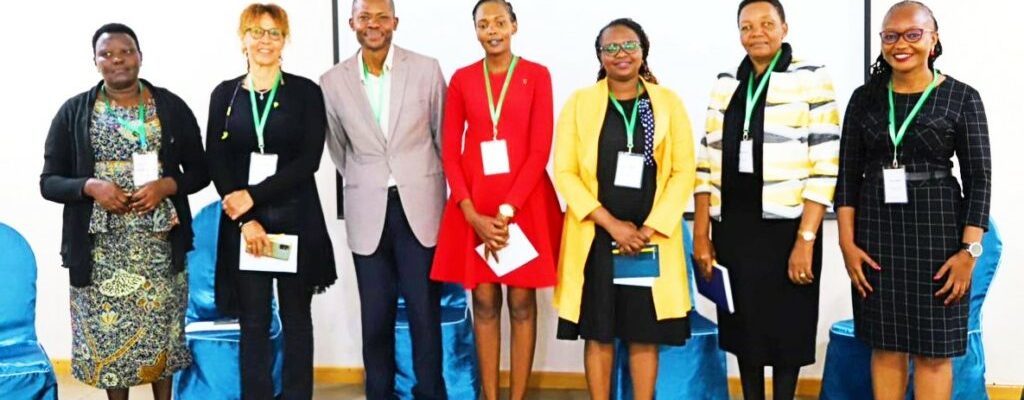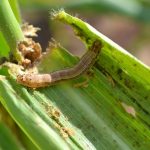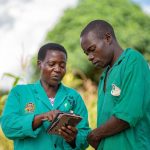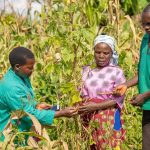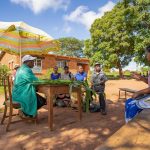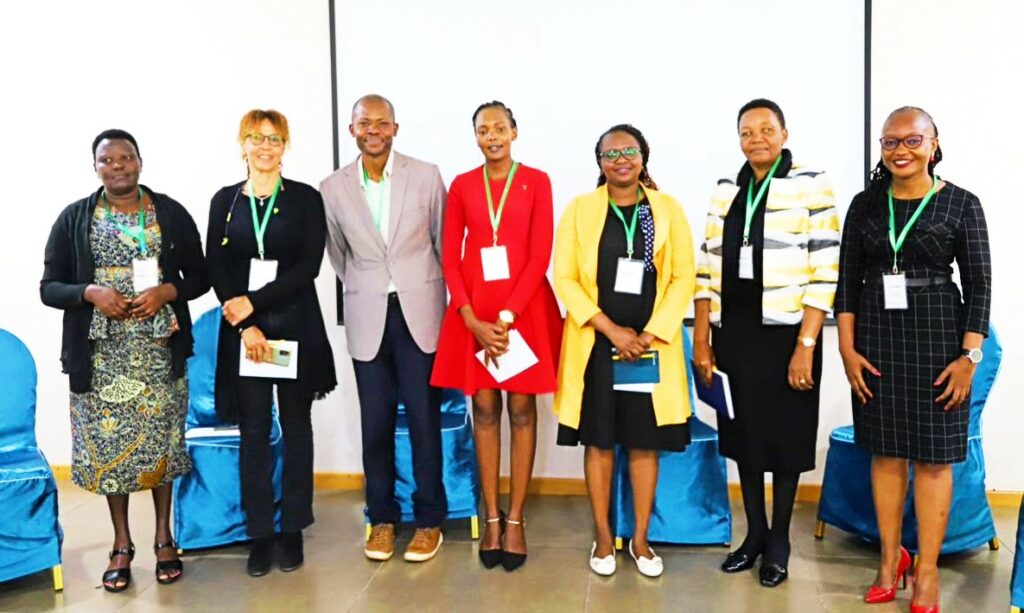
CABI’s expertise in digital data and development has been highlighted at a meeting in Kenya convened to identify ways in which Earth Observation (EO) data, products and services can help ensure greater sustainable food security.
Lucy Karanja, CABI’s Content Manager, based at its Regional Centre for Africa, attended the meeting organised by The Association for Strengthening Agricultural Research in Eastern and Central Africa (ASARECA), Digital Earth Africa (DE-Africa) and GeoScience Australia.
High-level policymakers
It was also attended by more than 50 delegates especially high-level policymakers from Government Ministries, Departments and Agencies who use EO data in their day to-day activities.
This included National Agricultural Research Institutes, National Space Agencies, Department of Meteorology, Department of Climate Change, Ministry of Agriculture, Ministry of water, natural resources, and environment (wildlife, forestry), National Bureau of Statistics, universities, private sector, NGOs, CGIAR centres, UN organizations and private sector companies.
At the meeting in Nairobi, Ms Karanja spoke about the Pest Risk Information Service (PRISE) a joint venture between CABI and Assimila LTD, which used a combination of EO technology, satellite positioning, and plant-pest lifecycle modelling to alert smallholder farmers of a pest outbreak.
Devastating pest outbreaks
Pest outbreaks can be devastating for food security in Africa. Insects, mites and plant pathogens can quickly spread across borders destroying crops. Globally, pests and diseases are estimated to cause around 40% of crop losses worldwide. Worryingly, pest movements are becoming increasingly unpredictable as a result of climate change.
PRISE, which was initiated in 2017 through UKSA funding, has been beneficial for sustainable food security efforts in Kenya, Ghana, Malawi and Zambia. In-country data collected from the field was used to build models that generate advisories to help farmer decide the best time to act against key pests. Advisories are communicated to users through bulletins and SMS, accompanied with good agricultural practice information, helping them to take the right pest management action at the most appropriate time.
The organisers of the meeting also took the opportunity to share the results of the ‘Information for Agriculture and Food Security (IAFWS)’ project to high-level policy makers in forum attended by Government Ministers and representatives from Government Departments and Agencies.
The IAFWS project – funded by the Australian Center for International Agricultural Research (ACIAR) – was implemented for one year in Kenya, Uganda, Rwanda, Botswana, Ethiopia and South Africa.
Strengthening capacities
It delivered upon five key outputs including strengthening the capacities of ASARECA partner organisations in competencies required for successful use of EO tools and services and increased awareness and uptake of DE Africa platform, tools and training and increased partnerships.
Ms Karanja said, “The stakeholders appreciated the advisory concept of PRISE – combining the Earth Observation data, satellite and real time ground data and repurposing the same into farmer friendly information.
“For example, Green Dreams Tech Ltd & iCOW praised the PRISE team for transforming the complex satellite data in PRISE into timely, actionable, evidence-based information that helped over 50,000 maize farmers make informed fall armyworm management interventions.”
Ms Karanja added that Green Dreams Tech Ltd & iCOW, who were involved in sending out PRISE pest alerts for maize, is interested in widening the scope to not only other pests but also other crops. This includes those considered as ‘orphaned crops’ such as sorghum, amaranthus and sweet potato.
At the meeting, Ms Karanja also took the opportunity to talk about the PlantwisePlus plant clinics which, staffed by trained plant doctors, work to help smallholder farmers diagnose and mitigate a range of plant health issues.
The plant clinic network in Kenya, for example, operates in combination with a range of digital tools – such as the Plantwise Knowledge Bank – to help farmers grow more and lose less to a range of potentially devastating crop pests and diseases such as the fall armyworm.
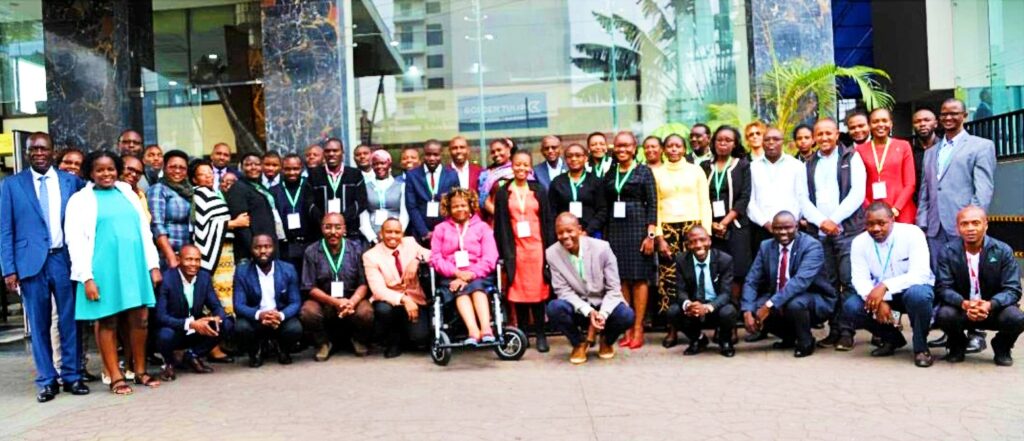
Additional information
Main image: Lucy Karanja (left) – who spoke about the PRISE project and PlantwisePlus – with other panellists at the meeting in Nairobi, Kenya (Credit: ASARECA).
PRISE project page
Find out more about PRISE from the project page here.
Relevant story
‘PRISE pays dividends with farmers in Kenya heeding vital pest risk advice.’
This article was originally published on the PlantwisePlus Blog

